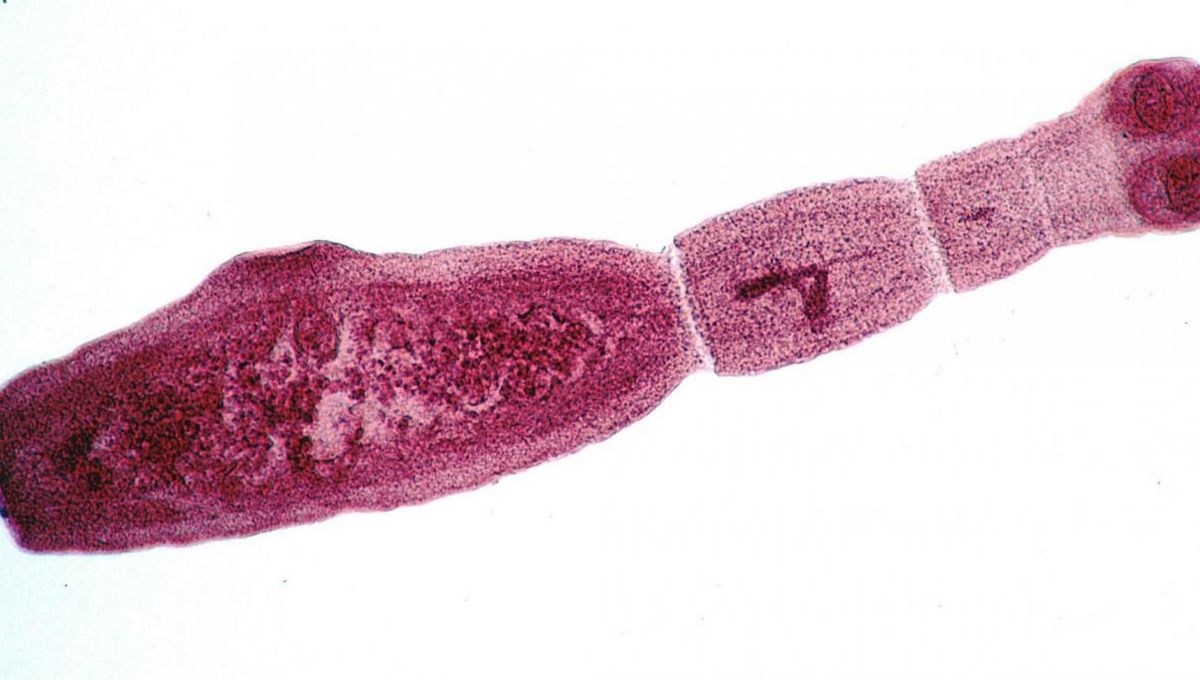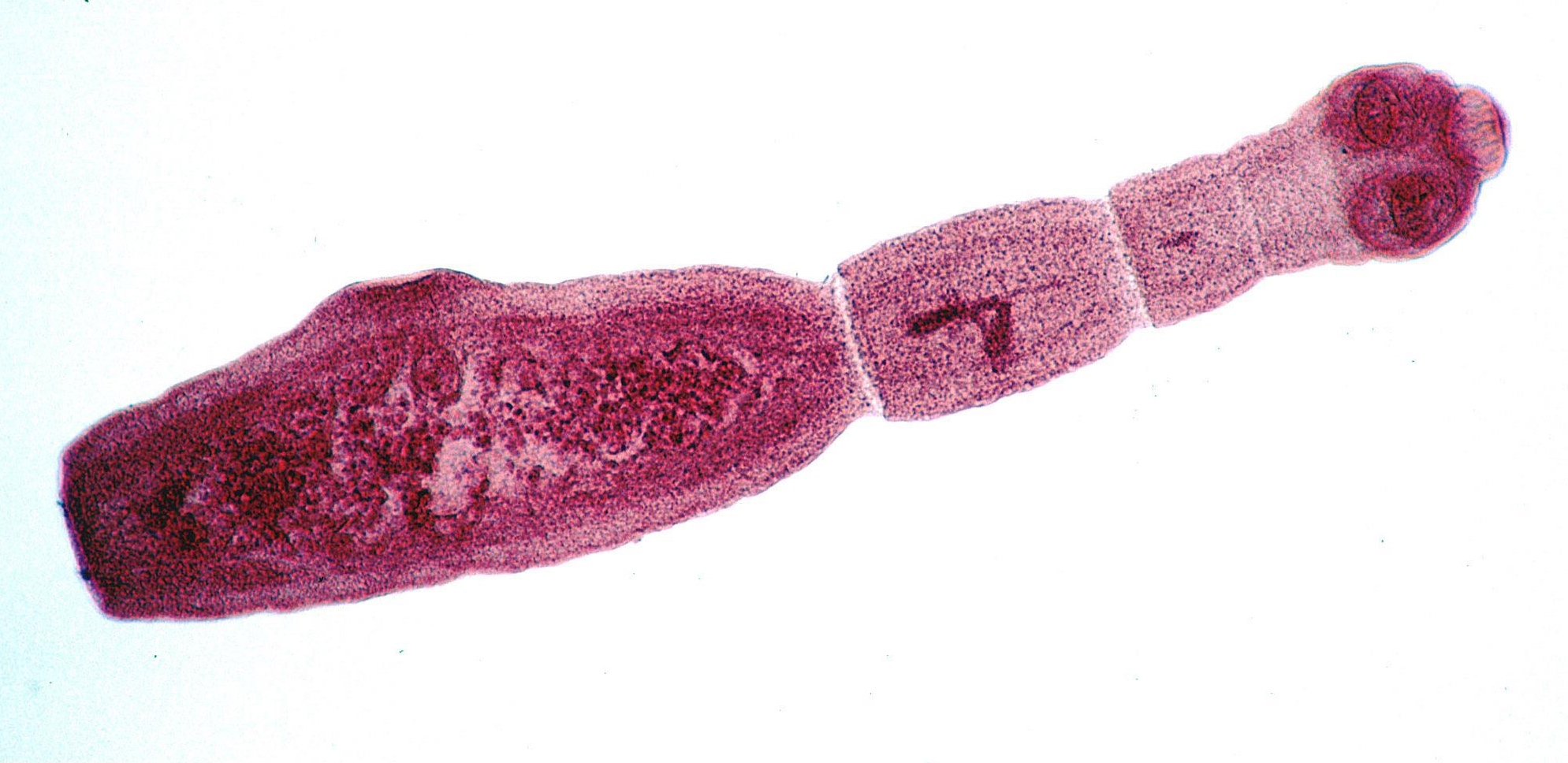Kool-Aid
VIP

Dog Parasite Causing Cancer-Like Growths In Humans Is On The Rise In North America
Dog Parasite Causing Cancer-Like Growths In Humans Is On The Rise In North America

Incidents of serious parasitic disease on rise in Alberta
A rare parasitic infection imported from Europe continues to take root in Alberta. The province is now the North American hotspot for human alveolar

Canada: Tapeworm continues to take root in Alberta - Outbreak News Today
By NewsDesk @infectiousdiseasenews A rare parasitic infection imported from Europe continues to take root in Alberta, Canada. The province is now the North American hotspot for human alveolar echinococcosis (AE), which takes the form of a growth in the liver, causing serious and potentially...
 outbreaknewstoday.com
outbreaknewstoday.com
A rare parasite that causes cancer-like growths in peoples' livers has started to become increasingly common in North America over the past decade, especially in certain portions of Canada.
In its typical lifecycle, the tapeworm-like parasite called Echinococcus multilocularis lives harmlessly in the small intestines of canines, typically foxes and coyotes, but also pet dogs. When the parasites’ eggs are pooped out and eaten by rodents, the disease takes a different form and results in cyst-like tumours in the liver, which eventually kills the animal.
If humans ingest the parasites' eggs, they too can suffer from this nasty fate. According to the Centers for Disease Control and Prevention, humans with the infection can also get tumours in the liver and lungs, and less frequently in the bones, kidneys, spleen, muscles, and central nervous system. However, the disease is relatively difficult to spot in humans as it can easily resemble other diseases, most notably cancer. Symptoms are also fairly vague, such as unspecified pain, jaundice, weakness, and weight loss.
The parasite can kill a human host within 10 to 15 years if left untreated. If the infection is caught early, then surgery to remove the liver mass is possible, although two-thirds of patients will become inoperable as they didn’t receive a diagnosis promptly enough. For these patients, a lifelong treatment of antiparasitic drugs can help stop the mass from growing, but the parasite will survive.
Yet, I'm a bad guy for not wanting to get near these things.
I don't understand dog nuts why won't they wake up! Stop living like cavemen!


